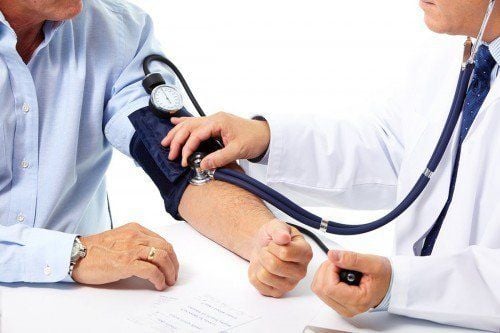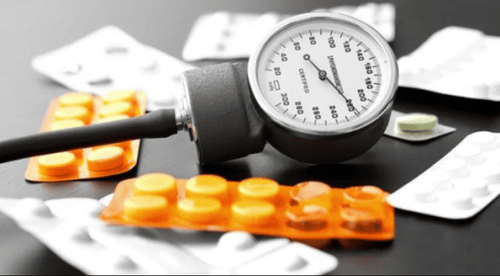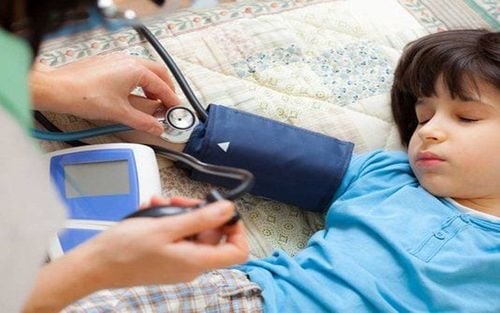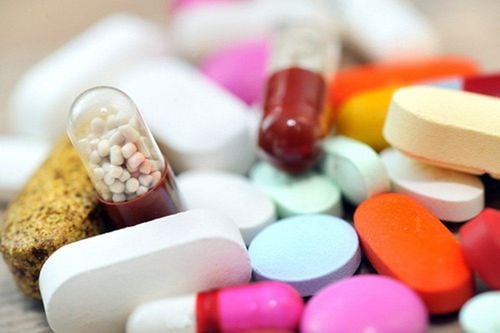This is an automatically translated article.
The article is professionally consulted by Master, Doctor Do Nguyen Thuy Doan Trang - Head of Extracorporeal Circulation Team - Cardiovascular Center - Vinmec Central Park International General Hospital. The doctor is a leading expert in Extracorporeal Circulation in cardiac surgery and cardiac resuscitation, Cardiovascular medical treatment.Blood pressure is an indicator of health status. Sudden increase in blood pressure is more or less harmful to the body. Therefore, recognizing and dealing with sudden high blood pressure will help people have appropriate responses to keep blood pressure stable, thereby protecting the health of themselves and their loved ones.
1. How dangerous is sudden high blood pressure?
Blood pressure is the pressure of the blood flow in the arteries to bring blood to the organs of the body. Blood pressure is created by the force of contraction of the heart and the resistance of blood vessels. A doctor will diagnose hypertension when the systolic blood pressure is 140 mmHg or higher or the diastolic blood pressure is 90 mmHg or higher.Besides, blood pressure does not always stay the same or keep the same number, but will change depending on our activities, emotions or health status at that moment. Just a small activity such as changing position, posture, drinking coffee or smoking, being emotional... will also increase blood pressure. However, the body always coordinates many mechanisms to quickly return blood pressure to the normal blood pressure value.
In the case of high and rapid increase in blood pressure continuously, the blood pressure in the blood vessels is too large, there is a risk of cardiovascular events. The most frightening thing is the rupture of blood vessels; If it is in the brain, it will cause cerebral hemorrhage, the patient will be paralyzed, difficult to speak or more seriously confused, comatose.
If the patient has had aortic dissection before, with high blood pressure, the risk of rupture is very high, rapid hypotension and death. High blood pressure can also cause atherosclerotic plaque sloughing off, blocking blood flow to organs, causing cerebral infarction, myocardial infarction. In addition, sudden increase in blood pressure also causes acute pulmonary edema, acute heart failure, acute renal failure, continuous nosebleed, retinal hemorrhage, blindness...
Trắc nghiệm: Bạn có hiểu đúng về huyết áp cao không?
Huyết áp cao còn được gọi là kẻ giết người thầm lặng vì bệnh thường không có triệu chứng. Thiếu hụt kiến thức về huyết áp cao có thể làm cho tình trạng bệnh trở nên trầm trọng hơn. Dưới đây là những câu hỏi trắc nghiệm vui giúp bạn hiểu đúng về bệnh cao huyết áp.2. Recognizing a sudden increase in blood pressure
Most hospital visits are when the sudden increase in blood pressure has caused target organ damage. Specifically, patients come to the clinic when they suddenly feel weakness, hemiplegia, distorted mouth, chest pain, shortness of breath, coughing up blood, blurred vision, nosebleeds or lethargy, slow contact. These cases are very unfortunate because if blood pressure is controlled to normal, organ damage is also difficult to restore to normal.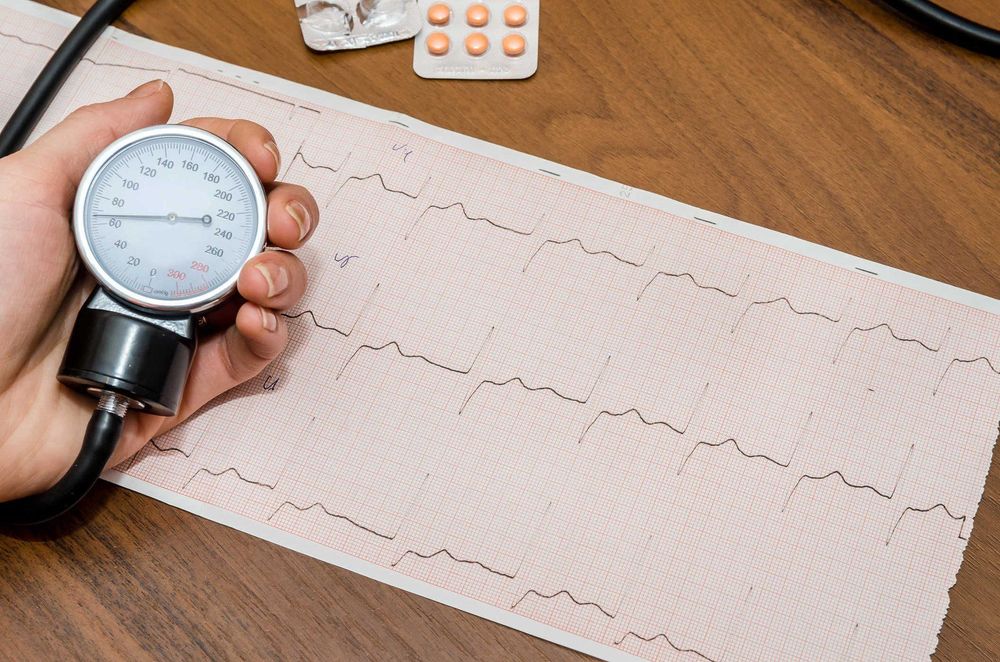
3. What to do when you have a sudden increase in blood pressure?
The first way to deal with a sudden increase in blood pressure is to put the patient to rest or lie down. If you are working outdoors, going out on the street, in a crowded place, quickly put it in a place with shade, cool, airy, quiet and avoid agitation, avoid strong sound and light. You can take off hats and clothes to make the patient more comfortable and then repeat the blood pressure measurement.If the systolic blood pressure is still higher than 140 mmHg but below 160 mmHg, you can keep the patient at home, limit movement, and rest. Patients should continue to take their blood pressure medication on the day of their prescription. At the same time, it is necessary to limit salty foods, do not smoke, avoid anxiety ... to stabilize blood pressure. If there are still abnormalities, you should go back to the doctor earlier than the appointment date so that the doctor can adjust the medicine accordingly.
If the systolic blood pressure is above 160 mmHg, it is necessary to use home-made antihypertensive drugs that have been consulted with the doctor in advance. These are blood pressure medications that have a quick onset of action, short duration of action, and are usually available as lozenges or sublingual drops. During this time, the patient needs absolute bed rest and blood pressure re-measured. In case the blood pressure is still high or there is no immediate blood pressure control medicine at home, the patient should be taken to the hospital soon.
In any situation where a patient has both a sudden increase in blood pressure and a combination of the above symptoms such as weakness, chest pain, shortness of breath, blurred vision, bleeding, lethargy, and coma, they should be taken to the emergency room. emergency of the nearest hospital for timely intervention.
4. How to prevent sudden increase in blood pressure?

In addition, the patient also actively avoids the factors that promote high blood pressure. Some people find that their blood pressure is stable, so they subjectively do not take blood pressure medication or forget to take it, leading to high blood pressure again. Others are due to abuse of pain relievers or taking more medicines for colds and infections.... The next cause of sudden increase in blood pressure is smoking or having a diet that is too salty and contains a lot of salt and salt. saturated fat. In addition, blood pressure will also be higher if we have anxiety, stress, insomnia, use stimulant drinks such as tea, coffee, beer, alcohol,...
In short, sudden increase in blood pressure Sudden onset is a phenomenon that needs special attention because it can lead to dangerous vascular events. Keeping the habit of regularly monitoring the blood pressure of yourself and your loved ones at home, knowing how to handle sudden high blood pressure will help protect your health and avoid possible unfortunate consequences.
For patients at risk of hypertension and patients with signs of hypertension, a medical examination at the hospital is extremely important to clearly identify their blood pressure status, from which to have options. timely intervention. The Hypertension checkup package at Vinmec International General Hospital was implemented to address this patient's desire. Vinmec's leading cardiologists will perform the necessary examinations to determine the causes, complications and levels of hypertension with the most accurate results.
Please dial HOTLINE for more information or register for an appointment HERE. Download MyVinmec app to make appointments faster and to manage your bookings easily.





